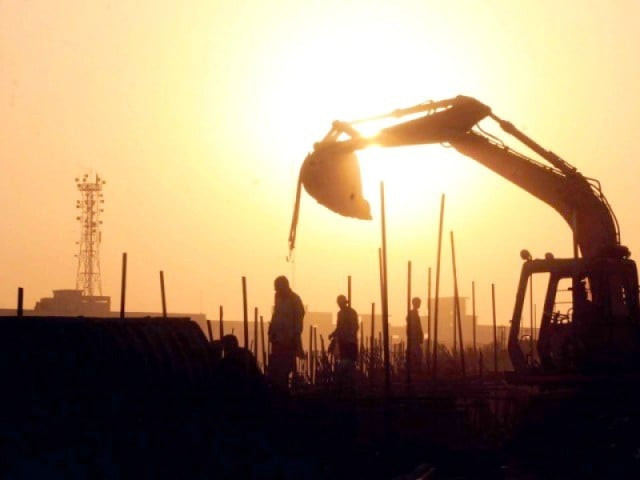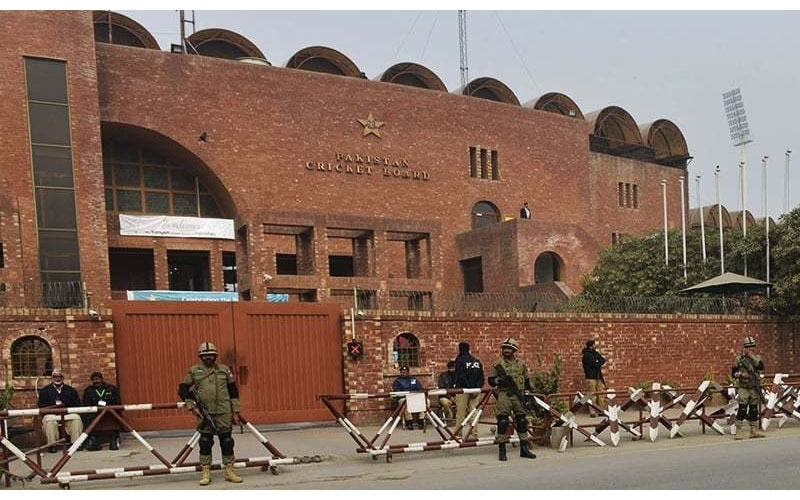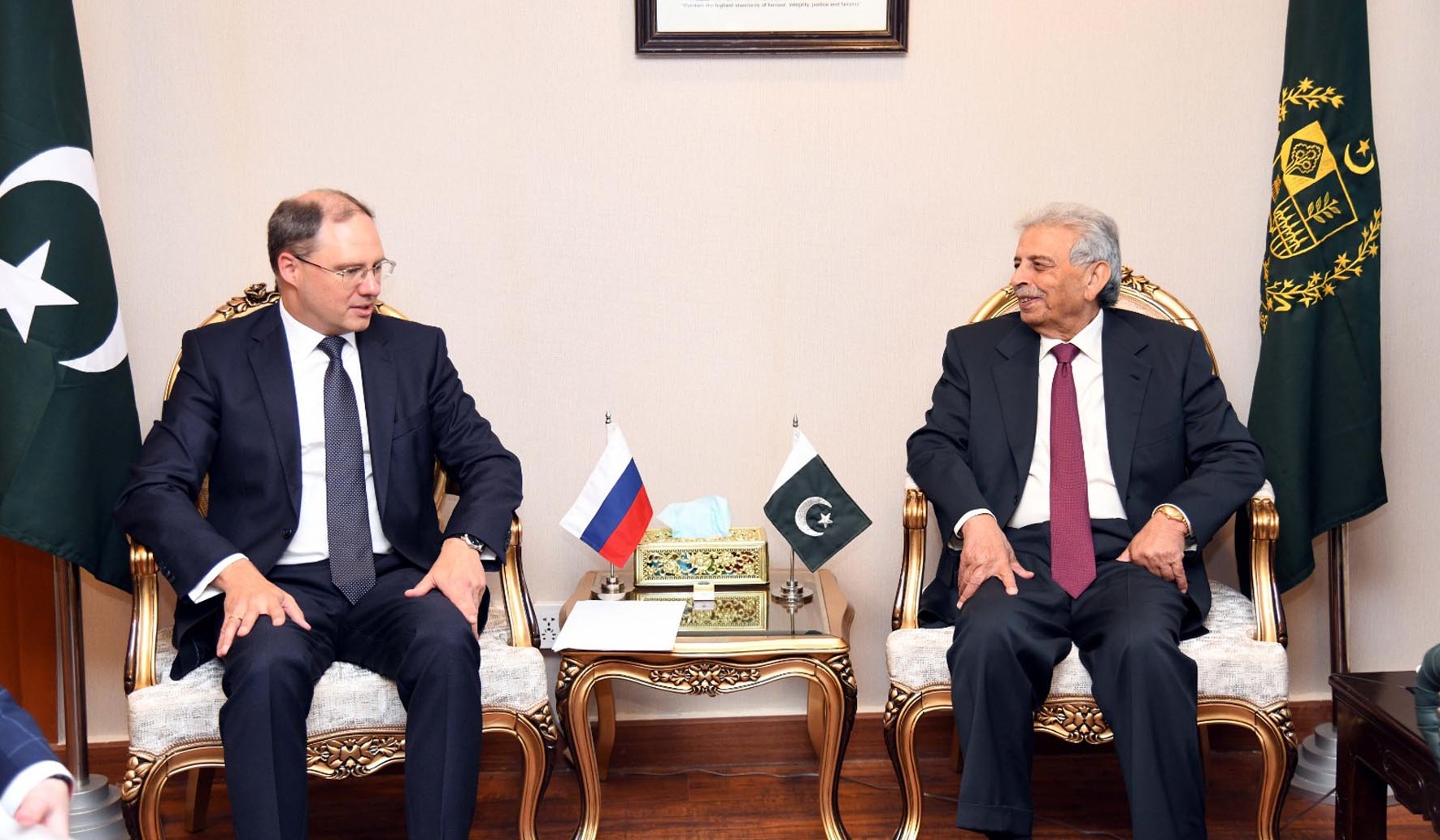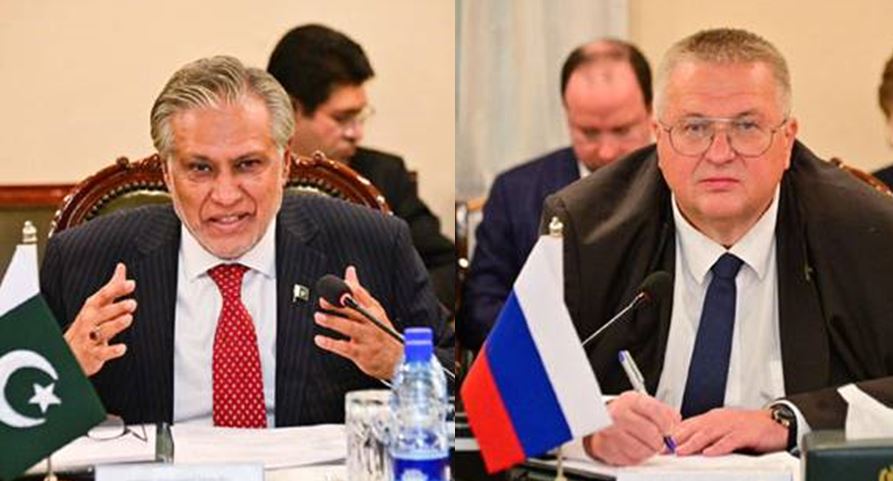ISLAMABAD:
The boards of eight power distribution companies, which were constituted by the previous Pakistan Democratic Movement (PDM) government, were sacked on Monday over allegations of causing a colossal loss of Rs589 billion for this fiscal year.
The PML-N government also decided to enlist the services of the military and intelligence agencies to enhance governance in these power distribution companies, invoking Article 245 of the Constitution and the Anti-Terrorism Act.
Additionally, the government approved the establishment of the Distribution Companies Support Unit (DSU) to mitigate losses in the future. The army’s relevant sector commander will serve as its co-director, with representation from the Inter-Services Intelligence Agency (ISI), Military Intelligence (MI), and the Intelligence Bureau. The first DSU will be set up in the Multan Electric Power Company (MEPCO), as per the decision.
The Cabinet Committee on State-Owned Enterprises (CCOSOEs) endorsed the Power Division’s proposal to remove these boards and nominate new members for eight companies, except for two operating in Sindh. Prime Minister Shehbaz Sharif authorised the replacement of the boards, barring the two firms in Sindh.
The Committee also sanctioned the Power Division’s proposal to appoint independent directors for specific electricity distribution companies, pending submission to the cabinet, according to a finance ministry press release.
Prime Minister Shehbaz Sharif, who previously held office during the PDM government, led the decision-making process.
The PDM government had formed these boards between July 2022 and November 2022, primarily based on coalition partner recommendations, resulting in appointments of politicians and their relatives. Consequently, all ten government-owned power distribution companies incurred substantial losses, amounting to Rs589 billion.
Sharif, in his initial tenure as prime minister, reconstituted these boards with political appointees.
The Sharif government now holds these boards accountable for “poor governance, performance, and service delivery”. Some ousted board members contested the February 2024 elections and currently serve as assembly members, having resigned post-election.
PM Sharif deferred the decision to replace the boards of Sukkur Electric Power Company (SEPCO) and Hyderabad Electric Supply Company (HESCO) due to political considerations, despite their significant financial losses. SEPCO and HESCO are projected to incur Rs59 billion and Rs53 billion losses, respectively, this fiscal year.
The CCOSOEs, which made this decision, also approved new board nominations for eight power distribution companies, including Faisalabad, Gujranwala, Lahore, Islamabad, Multan, Quetta, Peshawar, and Tribal Areas. The summary will now be forwarded to the federal cabinet for formal endorsement.
Hyderabad and Sukkur power distribution companies are among the ten firms expected to collectively have caused a loss of Rs589 billion in the current fiscal year ending on June 30th.
Energy ministry sources revealed that the Board Nomination Committee recommended reconstituting the boards of Hyderabad and Sukkur, but the premier advised against it.
The CCOSOEs also classified Pakistan Television (PTV) and Pakistan Broadcasting Corporation (PBC) as strategic and essential entities, deciding against their privatisation.
However, they categorised Pakistan Railways Freight Transportation Company, Pakistan Railways Advisory and Consultancy Services, and Railway Construction Pakistan Limited as non-strategic and non-essential, eligible for privatisation.
The committee rejected the Ministry of Railways’ proposal to designate four Railway companies as strategic and essential, instructing them to submit a transformation plan for review.
The Ministry of Science and Technology’s proposal was deferred, with directions to submit a business plan outlining reforms for STEDEC, according to the statement.
Recently, the Cabinet Committee on Privatisation (CCOP), chaired by Ishaq Dar, instructed the CCOSOEs to reassess the strategic status of these 40 entities. In the initial phase, three out of seven firms were deemed strategic and essential.
PM Sharif has pledged to reduce the government’s involvement through aggressive privatisation.
Power Sector Boards
Senior energy ministry officials assert that the new boards were formed without political interference. Amer Zia, a power sector consultant, was appointed chairman of three boards (Islamabad, Lahore, and Multan), while Zoe Khurshid Khan was appointed a member of three boards (Faisalabad, Gujranwala, and Lahore).
The government has attributed the Rs589 billion losses this fiscal year to these independent directors. However, bureaucrats from the energy and finance Ministries also served on these boards, remaining unaffected. They will return as ex-officio members.
QESCO’s board was dismissed for incurring the highest annual losses of Rs138 billion this fiscal year. Mahfooz Ali Khan was appointed new chairman, alongside independent directors Rehmat Ullah Khan, Tahir Rasheed, Roshan Khursheed Bharucha, and Ahmedur Rehman.
PESCO’s board was replaced for causing Rs137 billion losses, with Ali Gulfraz appointed new chairman for PESCO, TESCO, and Hazara Electric Supply Company (HAZECO). Other independent members include Tahir Ali Khan, Fazal-e-Khaliq, Miss Saima Akbar Khatat, and Saud Azam. TESCO caused Rs51 billion losses –the fifth highest losses among all.
FESCO’s board was ousted over Rs17 billion losses, with Imran Zaffar appointed chairman and Zoe Khurshid Khan, Pervvaiz Iqbal, and Omer Farooq Khan as independent directors.
GEPCO’s board was sacked for Rs12 billion losses, with Tahir Masood appointed chairman and independent directors Imran Zaffar, Zoe Khurshid Khan, Ilyas Ahmad, and Muhammad Sadiq.
MEPCO’s board was dismissed for Rs38 billion losses, with Amer Zia appointed chairman and independent directors Imran Zaffar, Zainab Janjua, and Khawaja Jalaluddin.
LESCO’s board was removed for Rs43 billion losses, with Amer Zia appointed chairman and independent directors Zoe Khurshid Khan, Zaffar Mahmood, and Asad Shafi.
IESCO’s board was replaced due to Rs41 billion losses, with Amer Zia appointed chairman and independent directors Aamir Matin, Tahir Masood, and Miss Amna Abbas.
Published in The Express Tribune, May 21st, 2024.
Like Business on Facebook, follow @TribuneBiz on Twitter to stay informed and join in the conversation.


 Technology6 مہینے ago
Technology6 مہینے ago
 Pakistan7 مہینے ago
Pakistan7 مہینے ago
 Sports6 مہینے ago
Sports6 مہینے ago
 Pakistan6 مہینے ago
Pakistan6 مہینے ago
 Entertainment6 مہینے ago
Entertainment6 مہینے ago
 Pakistan6 مہینے ago
Pakistan6 مہینے ago
 Sports5 مہینے ago
Sports5 مہینے ago
 Entertainment6 مہینے ago
Entertainment6 مہینے ago











